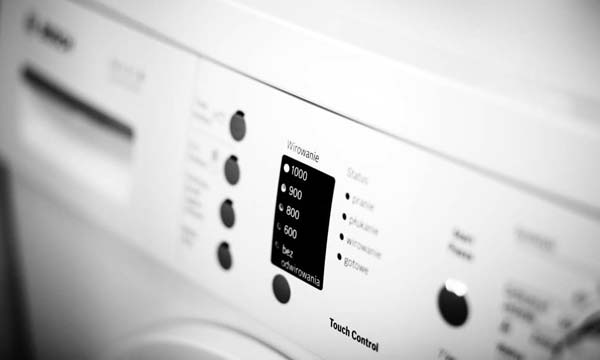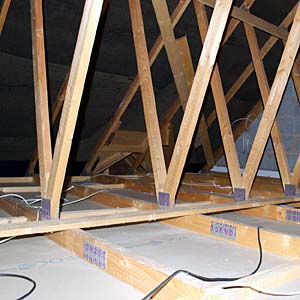Most homeowners can agree that saving money is a good thing. Chances are that the idea of saving money on your energy bill appeals to you. In this piece, we’re going to look at four ways to save on your home’s energy bill. Buckle up!

4 Ways to Save on Your Home’s Energy Bill
However, not everyone is exactly sure how to do this. The good news is it’s incredibly simple if you know where to begin. It’s all about knowing where to pull back and instead, save on your home’s energy bill.
The truth is more people are wasting energy than they realize. If you’re ready to start saving, take a look at some of the best ways to get started.
1. Wash Clothes On Cold
Although you might love the idea of washing your towels and sheets on extra hot water, hot water causes your energy bill to skyrocket. Cold water isn’t just cheaper, but it’s also easier on your clothes.
Washing your clothes frequently in hot water will cause the materials to degrade faster and the colors to fade. By combining cold water with a little vinegar, you can get the most life out of your clothing.
2. Insulate Your Home

One of the best ways to make your home energy efficient is to insulate it. When your home is poorly insulated, it will be susceptible to heat in warm weather and more susceptible to cold in colder weather.
If you have an air conditioner, you can waste a considerable amount of money on your energy bill if all of the cool air leaks out from lack of insulation. Although it may cost an initial investment to get it done, it’s well worth the cost when you look at the savings on your energy bill.
3. Use Your Dishwasher
A lot of people are under the impression that using a dishwasher increases your energy bill. However, recent studies have shown that over the course of a decade, people who washed their dishes by hand ended up wasting more water than those who used a dishwasher.
However, it’s important to note that you should use an energy-efficient dishwasher to use the littlest amount of energy.
4. Use Your Microwave
Consider pulling back where it counts the most—in the kitchen. Kitchens use an enormous surround of energy, however by switching to more efficient appliances, you can cut back the amount that you consume.
For example, consider using a microwave when you can, as opposed to the oven. Not only do they cook your food faster, but they also cost a considerable amount less on your energy bill. You’ll also find that using the microwave instead of the oven or stove will create less heat in moments when you’re trying to keep the house cool.



